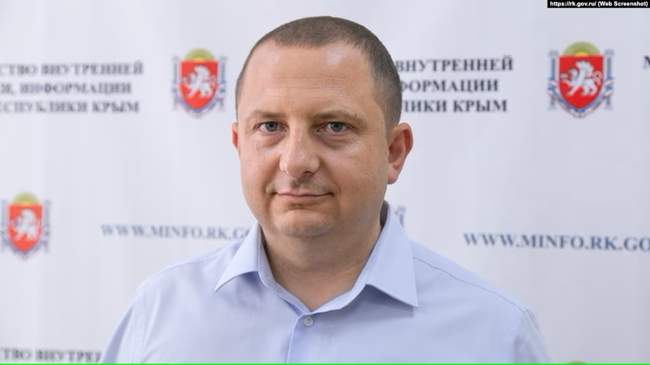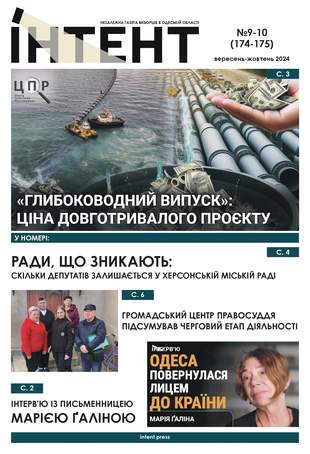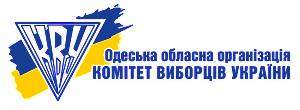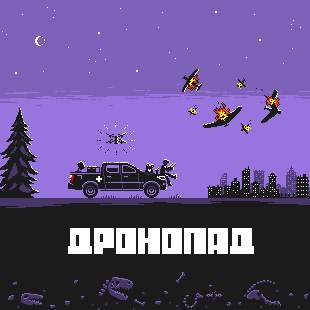Nov. 29, 2024, 3:58 p.m.
Spreading Russian propaganda in Crimea: occupation minister is served with a notice of suspicion
Цей матеріал також доступний українською67

Photo: Prosecutor's Office of the Autonomous Republic of Crimea
In April 2024, the Crimean resident agreed to the Russians' proposal and voluntarily took up the post of Minister of Internal Policy, Information and Communications of the Republic of Crimea.
According to the Prosecutor's Office of the Autonomous Republic of Crimea and the city of Sevastopol, the suspect is still working in this position.
"Performing organizational and administrative functions in the occupation authority, the 'minister' ensures the implementation of the information policy of the aggressor state and the active spread of Russian propaganda in the media space of Crimea," the statement said.
Under the procedural supervision of the Prosecutor's Office of the Autonomy, the occupation Minister of Internal Policy, Information and Communications of the Republic of Crimea was served a notice of suspicion of collaboration. He faces a sentence of imprisonment for up to 10 years.
Also, two journalists of the Crimean TV channel Millet are suspected of calling for changing the borders of the territory of Ukraine and spreading enemy propaganda. In 2016, one of the suspects hosted a news program on Millet TV channel, in particular, issues dedicated to alleged "sabotage operations of Ukrainian special forces", "issues of oppression of Crimean Muslims by Ukraine", "fight against terrorism", etc. In 2017, another "journalist" hosted a socio-political talk show on the said TV channel with the participation of invited pro-Russian figures and representatives of the occupation authorities. In the propaganda programs, which were later broadcast on the Millet TV channel's YouTube and Rutube pages, the suspects repeatedly made public calls for changing the borders of the territory and state border of Ukraine.
According to the conclusion of the forensic linguistic examination, the suspects' speeches contain statements aimed at supporting the actions of the aggressor state and its occupation administration.












